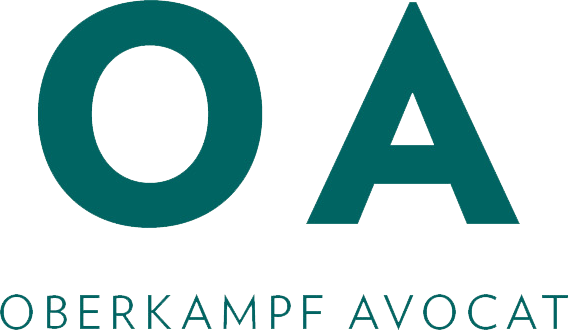Key highlights from October 2023 in the sustainability space.
European Sustainability Reporting Standards finally adopted, despite strong resistance
EU lawmakers mainly representing the Group of the European People’s Party (EPP Group) in the European Parliament pushed for the rejection of the recently adopted ESRS. They were advocating for replacing the standards with simpler, less burdensome and less expansive sustainability disclosure rules for companies. It is worth noting that these standards had already been watered down from the draft version that EFRAG had produced and exposed for comments from the 30th of April 2022 until the 8th August 2022. This resistance came amid wider pushback against ESG in Europe (including the UK) and in the US. Capital flows into ESG have been declining, and ESG funds just suffered their worst quarter. On October 18, the majority in the Parliament narrowly rejected this push, confirming the adoption of the standards. More than 50000 companies are expected to start reporting under the CSRD in January 2024.
California adopts first-in-the-nation corporate climate disclosure bills
Two climate disclosure bills signed by California Governor Gavin Newsom on October 7 require large corporations operating in the state to disclose both their carbon footprints (SB 253) and their climate-related financial risks (SB261) starting in 2026. Even though the regulations only apply to companies with revenues over $1 billion and $500 million respectively, the laws are groundbreaking as they are the first of their kind to be adopted in the US. They go beyond proposed federal climate disclosure rules, which would only apply to publicly traded companies and wouldn’t mandate full Scope 3 disclosure. The bills will be implemented by regulations by the California Air Standards Board. In two statements issued accompanying the signed laws, Gov. Newsom instructed the board to monitor the cost impacts of the bills and to make recommendations to streamline both programs.
EU Adopts European Green Bond Standard
The EU Council adopted a regulation creating a European Green Bond Standard that was approved by the Parliament earlier this month. This is the last major step for the establishment of a new European Green Bonds (EuGB) label, aimed at fighting greenwashing and helping advance the sustainable finance market in the EU. The new regulation sets out requirements for issuers wishing to use the label and includes voluntary disclosure guidelines for other environmentally sustainable bonds and sustainability-linked bonds issued in the EU. These disclosures follow a strict set of investment and transparency criteria, including the use of the proceeds from the bonds, the commitment to a green transition plan, and the contribution of the investments to those plans to ensure that investors are confident their investments are financing sustainable business activities and technologies. All proceeds of European green bonds will need to be invested in economic activities that are aligned with the EU taxonomy for sustainable activities in the sectors that are already covered by it.
Greenwashing and decarbonisation in the aviation industry
As investment in green and sustainable funds increase, companies face intensifying scrutiny over greenwashing allegations. The aviation industry is especially targetted as it accounted for 2% of overall global carbon emissions in 2022. Last June, Austrian Airlines was found guilty by an Austrian court for misleading the public as to its sustainability claims when it advertised flights as carbon neutral, which is not yet technically possible.
While the possibility of such a “carbon neutral” flight seems to be a long way into the future, the European Council adopted the “ReFuelEU Aviation Regulation” last month to accelerate the incorporation by airlines of sustainable aviation fuel (SAF). The regulation aims to mandate the use of 70% SAF by 2050. Rolls Royce announced this month the successful completion of tests on some of its engines using 100% SAF.
- Content prepared with the help of Defne Fresko Tasci.
